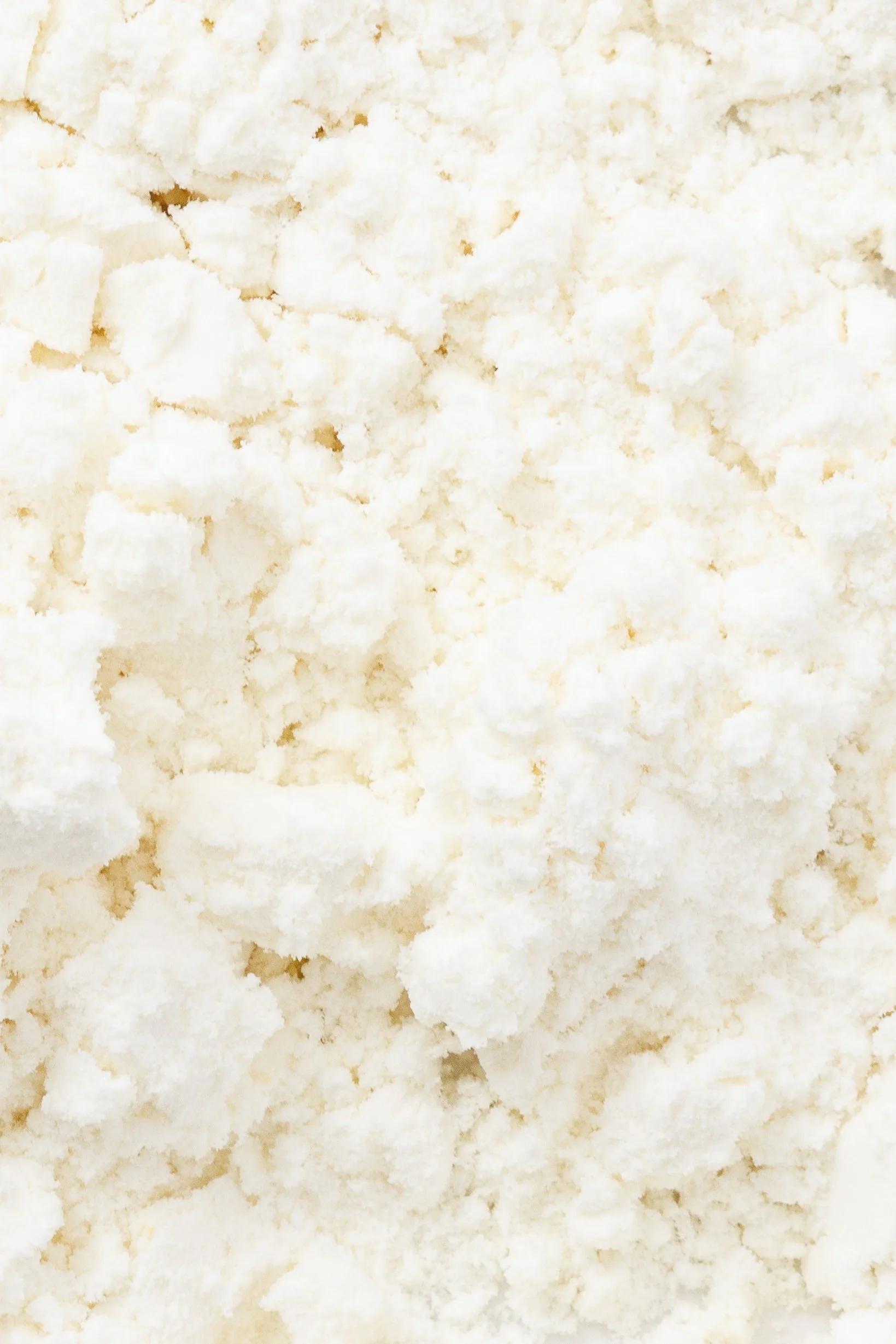
WHEY ISOLATE
PROTEIN
THE WHYWhey protein isolate is rapidly absorbed, flooding the bloodstream with amino acids to fuel muscle repair and growth—especially after resistance training.
Maximizing Muscle Protein Synthesis
Unlike other proteins, whey isolate is virtually free of fat and lactose, making it more effective at stimulating muscle protein synthesis—something collagen can’t match.
Superior Protein Quality for Enhanced Recovery
Protein isn’t just fuel, it’s a tool for transformation.
At ÆTHOS NUTRITION™, we don’t just sell protein—we deliver performance. Our formulas are rooted in clinical research and built for those who demand more from their bodies and their supplements. We focus on what works, why it works, and how to use it to elevate recovery, growth, and resilience. No gimmicks—just pure, potent science for people with purpose.
-
Protein is the foundation of every physical transformation. It fuels muscle repair, supports connective tissue, and drives recovery after intense training. To trigger optimal muscle protein synthesis (MPS), science recommends consuming 1.6–2.2 g of protein per kg of body weight per day.
-
How you distribute your protein matters. Aim for 30–40 g of protein per meal to maximize MPS. These leucine-rich doses outperform smaller, spread-out servings—helping you build and maintain muscle more effectively.
-
Training is the trigger—protein is the fuel. Resistance exercise increases your body’s ability to absorb and utilize protein, especially when paired with strategically timed doses like post-workout or presleep. The result? Better gains, faster recovery, and longer-lasting progress.

Our whey isolate isn’t just high quality—it’s backed by clinical research. From muscle growth to recovery, every benefit is rooted in proven science. Explore the studies behind the formula and see how evidence drives performance.
Clinically Researched. Scientifically Proven.
-
The anabolic response to protein ingestion during recovery from exercise has no upper limit in magnitude and duration in vivo in humans
Trommelen, J., van Lieshout, G. A. A., Nyakayiru, J., Holwerda, A. M., Smeets, J. S. J., et al. (2023).A systematic review, meta-analysis and meta-regression of the effect of protein supplementation on resistance training-induced gains in muscle mass and strength in healthy adults
Morton, R. W., et al. (2018).Brain tissue plasticity: Protein synthesis rates of the human brain
Smeets, J. S. J., et al. (2018).Exercise plus presleep protein ingestion increases overnight muscle connective tissue protein synthesis rates in healthy older men
Holwerda, A. M., et al. (2021).Collagen protein ingestion during recovery from exercise does not increase muscle connective tissue protein synthesis rates
Aussieker, T., Hilkens, L., Holwerda, A. M. (2023).Muscle mass and strength gains following resistance exercise training in older adults: 65–75 years and older adults above 85 years
Marzuca-Nassr, G. N., et al. (2023).Raw eggs to support postexercise recovery in healthy young men: Did Rocky get it right or wrong?
Fuchs, C. J., et al. (2022).Minced beef is more rapidly digested and absorbed than beef steak, resulting in greater postprandial protein retention in older men
Pennings, B., et al. (2013).Protein intake falls below 0.6 g·kg⁻¹·d⁻¹ in healthy, older patients admitted for elective hip or knee arthroplasty
Weijzen, M. E. G., et al. (2019).Intragastric protein administration stimulates overnight muscle protein synthesis in elderly men
Groen, B. B. L., et al. (2012).Protein ingestion before sleep increases overnight muscle protein synthesis rates in healthy older men: A randomized controlled trial
Kouw, W. I., et al. (2017).Inhibition of adipose tissue lipolysis increases intramuscular lipid use in type 2 diabetic patients
van Loon, L. J. C., et al. (2005).
GET YOUR WHEY ISOLATE PROTEIN NOW
500g, 16 doses
€ 32.00
Frequently Asked
Questions
-
Whey protein isolate is one of the purest, fastest-absorbing forms of protein available—typically over 90% protein by weight. It delivers a rapid influx of amino acids to your muscles, making it perfect for post-exercise recovery. It’s also virtually free of fats and lactose, making it easier to digest and more efficient at stimulating muscle growth.
-
Yes. Research shows that larger, well-timed doses of protein (30–40 g per meal) significantly increase muscle protein synthesis. Consuming protein after training or before sleep enhances your body’s ability to recover and rebuild.
-
Not all proteins are created equal. Unlike collagen, which does not increase muscle connective tissue protein synthesis rates, whey isolate has a complete amino acid profile rich in leucine—the key trigger for muscle building. That’s why it’s considered the gold standard for muscle recovery and growth.
-
Absolutely. In older adults, combining resistance training with whey protein—especially before sleep—has been shown to increase overnight muscle and connective tissue synthesis, helping to maintain strength, mobility, and resilience with age.




